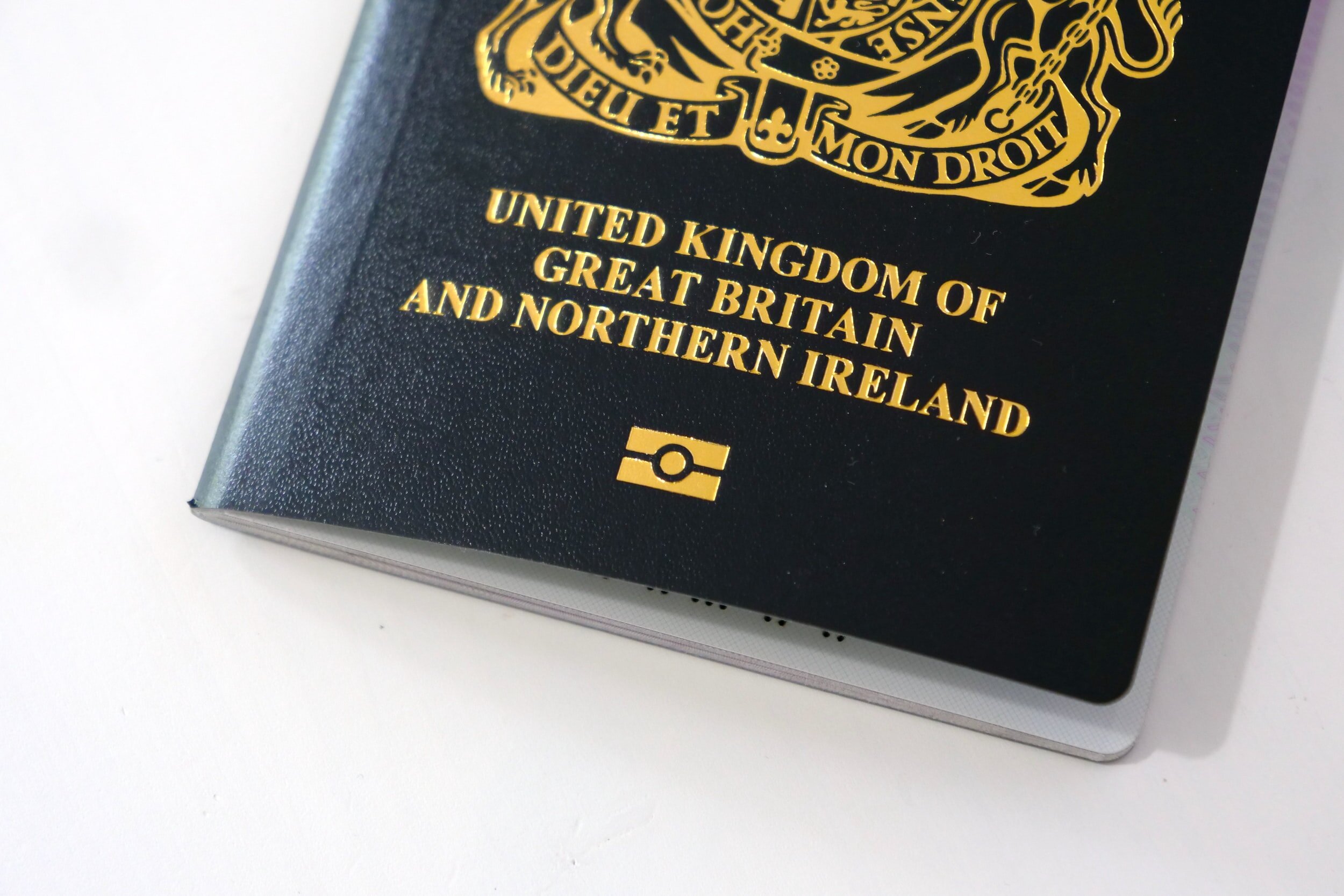
How to Get a Residence Permit for Germany
You receive a residence permit (or blue card for highly qualified people) at your nearest foreigners’ hall (Ausländerbehörde). Read our complete guide to know which documents’ to bring and where to submit your application.

How to apply for a German Blue Card with success
There are three ways on how to apply for a blue card. 1. Direct Application in Germany (for citizens of the US, Canada, Israel, South Korea, Japan, the UK, New Zealand, and Australia). 2. Application from Abroad (for citizens of other countries) 3. Accelerated or fast track procedure (applicable to all nationalities).

Benefits and requirements for the German Blue Card
The primary eligibility criterion for the German Blue Card is academic or professional qualifications. As of November 2023, the minimum annual salary for Blue Card holders must be at least 43,800 € for regular professions. For applicants that graduated from University within the last three years or shortage occupations, the minimum salary must be at least 39,682 €.

How to secure a visa appointment at the German embassy in Islamabad
Securing a visa appointment at the German embassy in Islamabad for obtaining a German blue card or work permit can be challenging due to the high demand in many German embassies worldwide. We recommend applying through the accelerated procedure to avoid long waiting times.

What is the likelihood of my German work visa application being approved?
While we are confident that immigrating to Germany for work purposes is entirely feasible, with less than 1% of the applications we submitted last year being declined, there are still instances in which German work visa applications are rejected. We have identified the most significant reasons for rejection.

Germany's new Immigration Law: Focusing on the Blue Card
Germany has recently introduced a new immigration law, effective from September 2023, aimed at simplifying the process for blue card applicants. Here are the five key changes: 1. Lower Minimum Salary 2. Expanded Eligibility 3. More Shortage Occupations 4. Improved Mobility 5. Easier Family Reunification 6. Quicker path to permanent-settlement 7. Easier Change-of-employer process

Why Expats are Vital for Your Company's Success in Germany
If you plan to deploy expatriates to your German subsidiary from headquarters, please consult our comprehensive guide, which covers the following crucial aspects: 1. Careful selection of the appropriate expatriates. 2. Thorough preparation of the expatriate 3. Ensuring the expatriate feels welcomed and comfortable in Germany 4. Avoiding underestimation of the visa application process

How to Relocate to Germany for Work as a Non-EU National
Non-EU nationals must obtain a German work visa to legally work in Germany. There are two options for moving to Germany for work: Move to Germany on a job-seeker visa or apply for a work visa at your nearest embassy after securing a job

German health insurance for foreigners
German health insurance for foreigners easily explained! Read out guide and sign up for the insurance of your choice today!

What Brits in Germany should know about Brexit Visas

German Residence Permit vs. Blue Card
What’s the difference between a blue card and a residence permit? Britt, our Jetztpat who’s held both types of permits, helps break it down.

The Guide to German Visas
There is no shortage of German visa types, which is why it’s so tricky to understand which one you qualify for (not to mention how to obtain your German visa if you meet those qualifications). In this comprehensive guide, we break down three common visas types: 1. Short Stay Visas, 2. Long Stay Visas, 3. Residence Permits.
